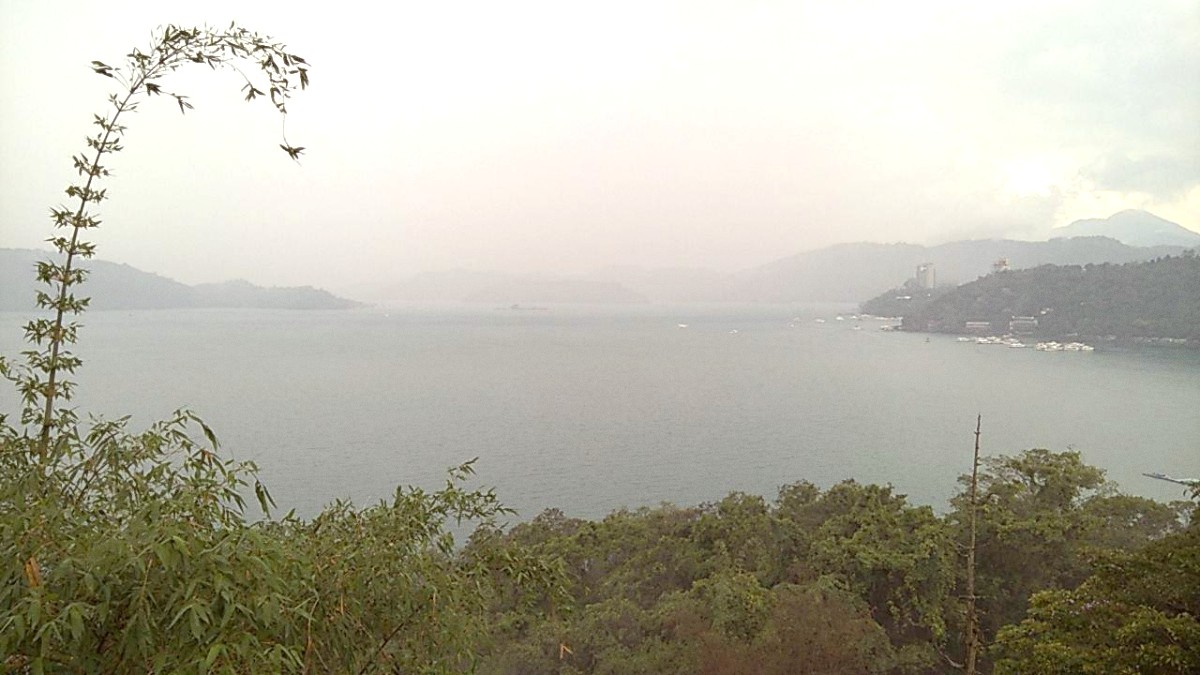
Taiwan
Chunghwa Telecom, Far EasTone, and Taiwan Mobile are the main mobile operators in Taiwan. All offer reliable coverage.
Wi-Fi is widely available and generally reliable throughout Taiwan. Most hotels, B&Bs, cafes, restaurants, and visitor centers offer free Wi-Fi for their guests.
Mandarin Chinese (國語) is the official language. Taiwanese Hokkien is also widely spoken, notably by older generations. English proficiency varies.
A few basic phrases to help you communicate:
Practice a few basic Mandarin phrases before you go. Locals appreciate the effort, even if your pronunciation is not perfect.
Know what to expect for opening and closing times for various services and attractions.
Shops generally operate from 10:00 AM to 9:00 PM, often later in Ita Thao street market. Convenience stores are 24/7.
Lunch service typically runs from 11:30 AM to 2:00 PM. Dinner service begins around 5:30 PM and continues until 9:00 PM. Street food stalls may have longer hours.
Most attractions, like temples and visitor centers, typically open from 8:00 AM to 5:00 PM or 9:00 AM to 6:00 PM. Temple grounds may have longer hours.
ATMs are widely available in convenience stores (7-Eleven, FamilyMart), banks, and major tourist hubs in Shuishe and Ita Thao.
Taiwan observes various national and traditional holidays. Services like banks and government offices may close on these days.
If you travel during a major Taiwanese holiday, expect higher prices for accommodation and crowded conditions at popular sites. Book everything well in advance.
A simple "Nǐ hǎo" (你好 - hello) welcomes interactions. Politeness and respect, especially towards elders, are highly valued in Taiwanese society.
Understand local dining habits for a pleasant experience.
Be mindful when taking photos to respect privacy and sacredness.
Avoid potential misunderstandings by being aware of cultural sensitivities.
Carry a small notebook and pen. Write down phrases or names of places, or have locals write down directions for you. This helps overcome language barriers.
Accessibility is improving, but planning helps for travelers with mobility needs.
Accessibility infrastructure is developing but can be inconsistent, especially in older areas or smaller towns.
Find suitable options for exploring around the lake.
Information may require direct inquiry.
Seek information from official sources for the most accurate details.
If you have specific accessibility needs, contact your chosen accommodations and attractions directly before your trip. They provide accurate and up-to-date information.